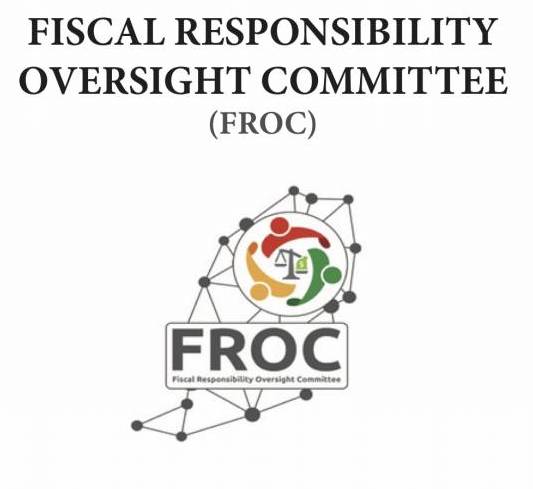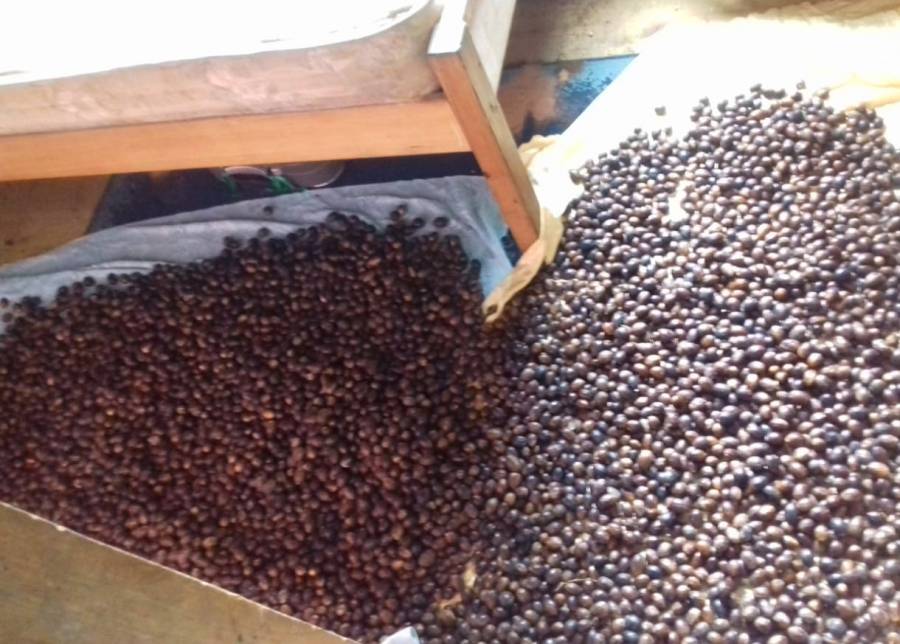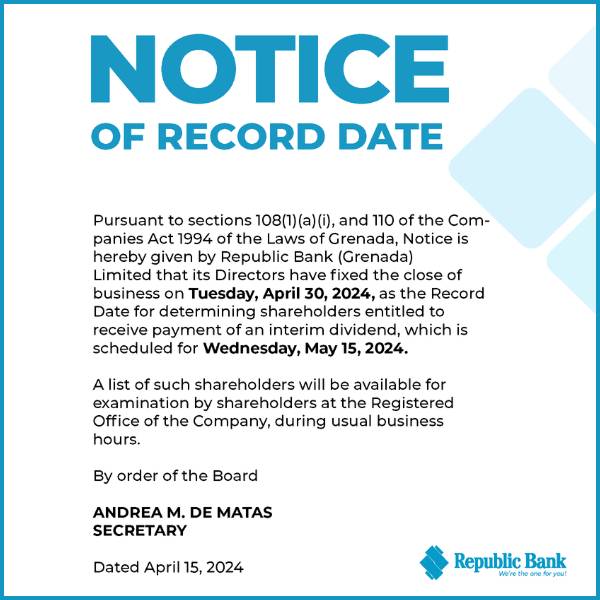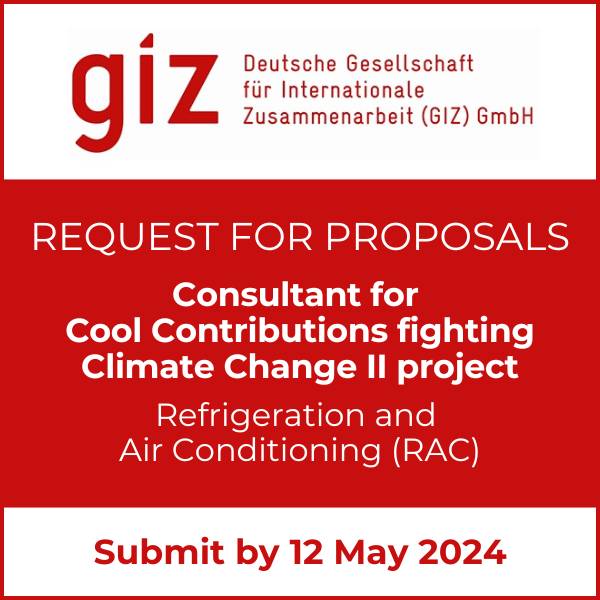by David Gumbs, James Fletcher & Justin Locke
The global economy is on lockdown and the predictions are staggering. And, there is one regional economy where the long-term realities of the coronavirus are already clear: The Caribbean.
Over the past 3 decades, nearly every economy in the region transformed to depend on tourism, and today the Caribbean economy is primarily reliant on this single sector. The region is also subject to repeated crises, with 10 Category 5 hurricanes hitting the region in the last 15 years, and five of those occurring in the last 3 years.
The coronavirus has caused a complete collapse in the tourism industry and significant contractions in both the agricultural and the distributive trades sectors across the Caribbean. As a result, the region’s economy is collapsing and will likely not recover for some time.
Because of the Caribbean’s focus on a single, volatile sector, it is likely to be the first domino to fall in the post-Covid-19 world. When this is all over, the region cannot go back to business as usual. The Caribbean will have to fast-track its journey toward the twin goals that many of its countries embarked on as a result of the impacts of climate change as well as frequent natural disasters: sustainability and resilience.
As such, any multilateral stimulus should be designed to help the Caribbean transition to a new resilient economy that is anchored in sustainable development. The foundation of the future is clean energy, and on top of this, new diverse industries such as modern agriculture, information technology, financial services, and manufacturing can be built. And there is a clear pathway.
Rocky Mountain Institute commissioned a study to understand the costs and benefits to transition all 31 countries in the Caribbean to 90% clean energy by 2030. If a major capital investment is made, the Caribbean region would save an estimated $9 billion in fuel costs and replace more than 24 billion litres of imported diesel fuel with renewable energy each year. This would translate into valuable savings in foreign exchange for all countries in the region.
It is no secret that Caribbean governments face significant fiscal constraints, and with the impact of Covid-19 that these constraints will become increasingly insurmountable. It only makes sense that the international community and philanthropic sector use this opportunity to inject global public investment initiatives to accelerate project development in the clean energy sector at a pace and scale never seen before. Economic stimulus investments into the clean energy sector therefore present Caribbean countries with an opportunity to:
- Create urgently required new jobs
- Reduce electricity costs to attract new industries
- Improve the competitiveness of agro-processing and other manufacturing sectors
- Shrink the region’s carbon footprint
- Decrease leakage of foreign exchange
- Diminish dependence on imported fuels
In order to achieve this, the international community and philanthropy must support Caribbean governments to:
- Focus on retooling workers to give them skills needed in the clean energy sector, modern agriculture, manufacturing, and information technology
- Boost incentives for electric vehicles (EVs) and design policy measures to unlock EV supply chains as well as investment in EV charging infrastructure
- Forgive overdue electricity bill payments for the poor and local businesses affected by the shutdown
- Backstop electric utility credit and access to low-interest credit while providing liquidity to government-owned utilities to shore up their finances
- Create clean energy lines of credit designed to backstop power purchase agreements and capital leases to crowd-in investment in renewable generation
- Put people to work immediately in the construction sector by undergrounding overhead transmission lines so that they will not be knocked down by the next storm
Collectively, these actions will help create thousands of jobs, reduce regional emissions, and reduce long-term dependence on imported diesel, helping the Caribbean to create a new foundation for a diverse, resilient, and sustainable economy. This may be a once in a lifetime opportunity to demonstrate a new vision for the region’s climate future and become an example for the world — transforming its citizens into controllers of their destiny and leaders of the clean energy era.
The Caribbean may be the first economic domino to fall from the coronavirus pandemic. It can also emerge once the crisis is over with a more resilient future through smart utilization of stimulus funding to unlock rapid, intensified investments to help these important islands on the frontlines of climate change make a full transition to become clean energy economies.

























Well written indeed. I agree fully. In addition, this development urges for a modern innovative thinking leadership. A leadership directing at the willingness to change and think differently, and leave behind the business as usual approach. It demands political leadership with a post COVID bottom up of ” we are in this together” approach. Corruption is one key factor to make this development successful (or possible). As (if!) large grants are to be provided in the Caribbean region for this kind of development, it is important that tools are in place to safeguard that these funds are used efficiently. This could be a challenging process in many ways. True leadership is king.
I totally agree with both the original post and the first comment made as to the way forward after Covid-19 and to add already to what is said about transparency and accountability have to be paramount in any future new development because for too ofter we are told that we have friends in the international money lending arena wjo will come to our assistance but sad to say when these money do come it is always embedded in total secrecy by thoes who is receiving it and it is not always clear as to what or what projects if any this monies is spent on and therefore as a nation and as a people we are left in the dark simply because transparency and accountability is always not available to the public to hold those in charge to accountability.
Your article is very timely but it needed to pay more attention to agriculture. I believe we need to pay attention to organic farming and also to revive the family culture of agriculture.
I am not sure what you mean by modern agriculture. There are multinational predators waiting to take over our food production.
What “multinational predators” (waiting to take over Grenada’s Food Production)? You are absolutely correct that Grenada needs to focus on Agriculture, where it already has all the necessary ingredients for success, except for the progression of woefully incompetent and miss-directed Governments. In view of the woefully inadequate supply, severely limited availability and quality of what now exists in Grenada (just visit the archaic Marketing Board), there is ample opportunity to make a major impact. Recognizing existing attitudes in Grenada to almost any sort of efficient production, why would any “multinational predators” want to inflict it on themselves? BTW All this nonsense about “Clean power” is a pure canard.